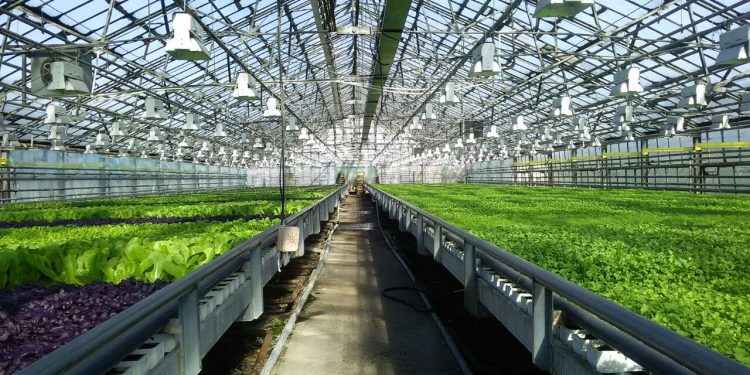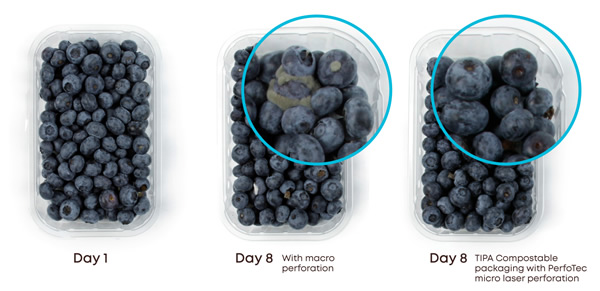A pioneering initiative is underway in Scandinavia to create 200 hectares of high-tech industrial waste-heat greenhouses, potentially turning the region into a key player in vegetable growing.
Greenhouse development in Scandinavia: a view of self-sufficiency
WA3RM, in collaboration with KUBO, aims to be a pioneer in the development of high-tech greenhouses powered by waste heat from industrial processes. Jacques Eilerskov, CEO of WA3RM AB, envisions Scandinavia becoming a self-sufficient vegetable production hub, even surpassing domestic demand to support exports.
Using waste heat for sustainable agriculture
Using waste heat from large-scale industrial production, WA3RM has unlocked the potential of growing vegetables in colder climates. Their partnership with KUBO aims to create Sweden’s first greenhouse, covering approximately twenty hectares, for growing tomatoes. This initiative marks a significant expansion of the current 40 hectares of tomato growing area in Sweden.
Solving global food problems
The growing demand for organic, plant-based food products requires innovative solutions in agriculture. Growing vegetables in high-tech greenhouses powered by waste heat offers a promising solution to problems such as water scarcity and carbon emissions associated with traditional farming methods.
Sustainable food production
Wouter Kuiper, CEO of KUBO, emphasizes the convergence of technologies in this direction. Semi-enclosed greenhouses, capable of using low-grade heat, combined with Scandinavia’s predominantly hydroelectric power grid, provide a sustainable model for growing organic food. Through the collaboration, WA3RM benefits from KUBO’s extensive experience to ensure the success of this venture.
Conclusion:
An initiative to create 200 hectares of high-tech greenhouses in Scandinavia marks a new era in sustainable vegetable growing. Using surplus industrial heat and advanced greenhouse technology, the project not only promises self-sufficiency, but also highlights the region’s potential to become a leader in sustainable agricultural practices.










